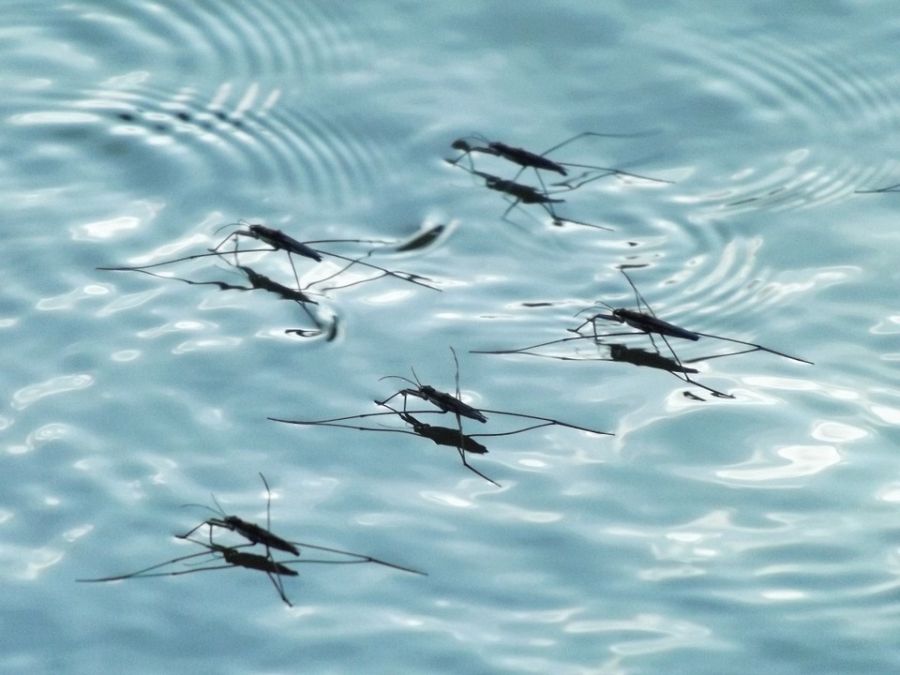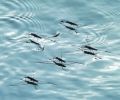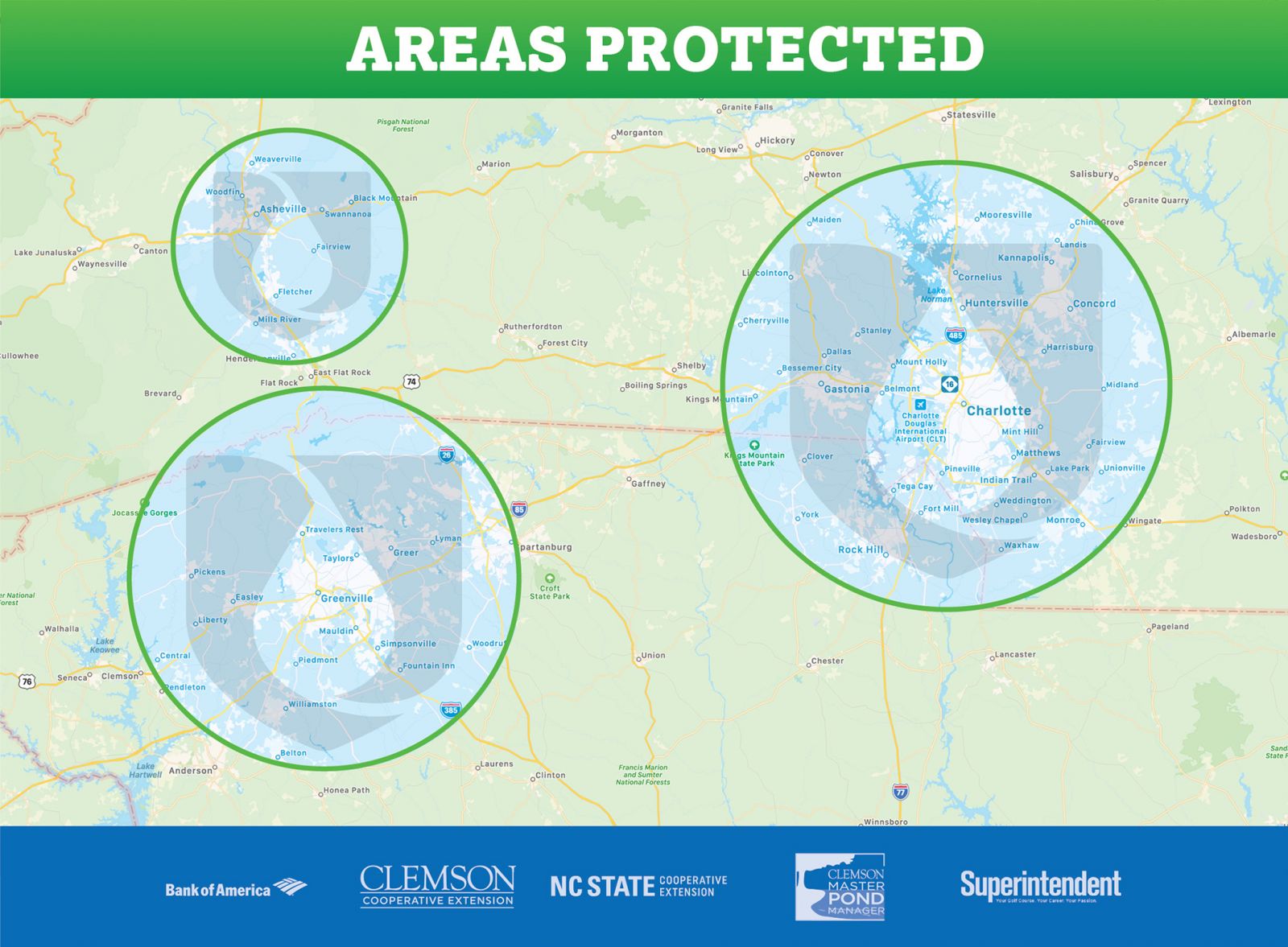
The weather in Charlotte, NC has taken a turn for the better (in my opinion). The sun is out; spring has sprung, and the temperature is perfect (again, my opinion). Whereas those things are great, some things that come along with that are not.
One of those things being mosquitoes. Mosquitoes are pesky, slender, long-legged flies with aquatic larvae. The bite of the bloodsucking female can transmit some serious diseases including malaria and encephalitis (Google). So how do we keep mosquitoes at bay? Here are a few options:
Reduce their natural habitat
Have you ever been in a wave pool? It’s easy to relax when the water is still. But when the waves start, you just keep getting knocked over. Well, water just happens to be a mosquitoes best friend. They love to lay their eggs on it.
When the water is calm, they can easily achieve this. It is true that when the water is rough, like a wave pool, they keep getting knocked over making it hard to lay their eggs. However, making the water rough by adding a fountain, aerator, or a waterfall will give you limited results.
Why? Because 95 percent of mosquitos lay their eggs and hatch in the perimeter of your retention pond. The number one habitat for mosquitoes is cattails. Not only are cattails a noxious aquatic weed that has millions of seeds, but they also have shallow root structures that make it ideal as a factory for mosquitoes.
Utilize Mosquito Control Products in Your Pond
There are some products out there that are safe for fish and plants but will help to get rid of mosquito larvae. Mosquito Dunks, Quick-Kill Mosquito Bits, and Mosquito Larvicide & Repellent Granules are a few of them.
However, most of these products are for bird baths and water gardens, not retention ponds making them a waste of time and money for anyone with a stormwater retention pond.
Rely on the Help of Natural Predators
Mosquitoes are an important food source for many birds, reptile, amphibian, fish and other animals in the food chain. You can enlist their help:
- Attract bats to your environment - Bats are renowned for keeping night-flying insects at bay, and a favorite bat meal is mosquitoes. It is estimated that one bat can catch up to 600 mosquitoes in one hour!
Take a cue from the folks in Europe who have been using bat houses to eliminate mosquitoes since the early 1900s. Most bat houses, when placed properly, will be occupied within one year of placement. While these fuzzy critters can help they are not an ideal solution for an HOA neighborhood retention pond.
- Stock mosquito-eating fish - The most common and effective naturalistic control of mosquitoes suggested on the internet is offered by mosquito-eating fish. Mosquito fish, for example, can eat 100 to 500 mosquito larvae per day.
They play an important role in mosquito control in ponds, canals, irrigated fields and some other freshwater sources. (Doctors Foster and Smith). http://www.drsfostersmith.com/pic/article.cfm?aid=352 However, mosquito fish are not the best option as they do not often survive extreme temperatures during our North and South Carolina winters.
Stocking bluegill or pan fish
The best solution for mosquitoes is simple. Introduce bluegill or pan fish to your HOA retention pond. These fish naturally eat larvae of mosquitoes and will forage back into the roots of plants and buffers around the perimeter of your retention pond.
These fish do not need to be fed fish food to survive. And they will natural spawn and produce generation after generation of mosquito-eating fish.
Now serving Greenville SC, Spartanburg SC, Asheville NC, Charlotte NC, Winston-Salem NC, & Greensboro NC areas.
Get started. Become a member today!



